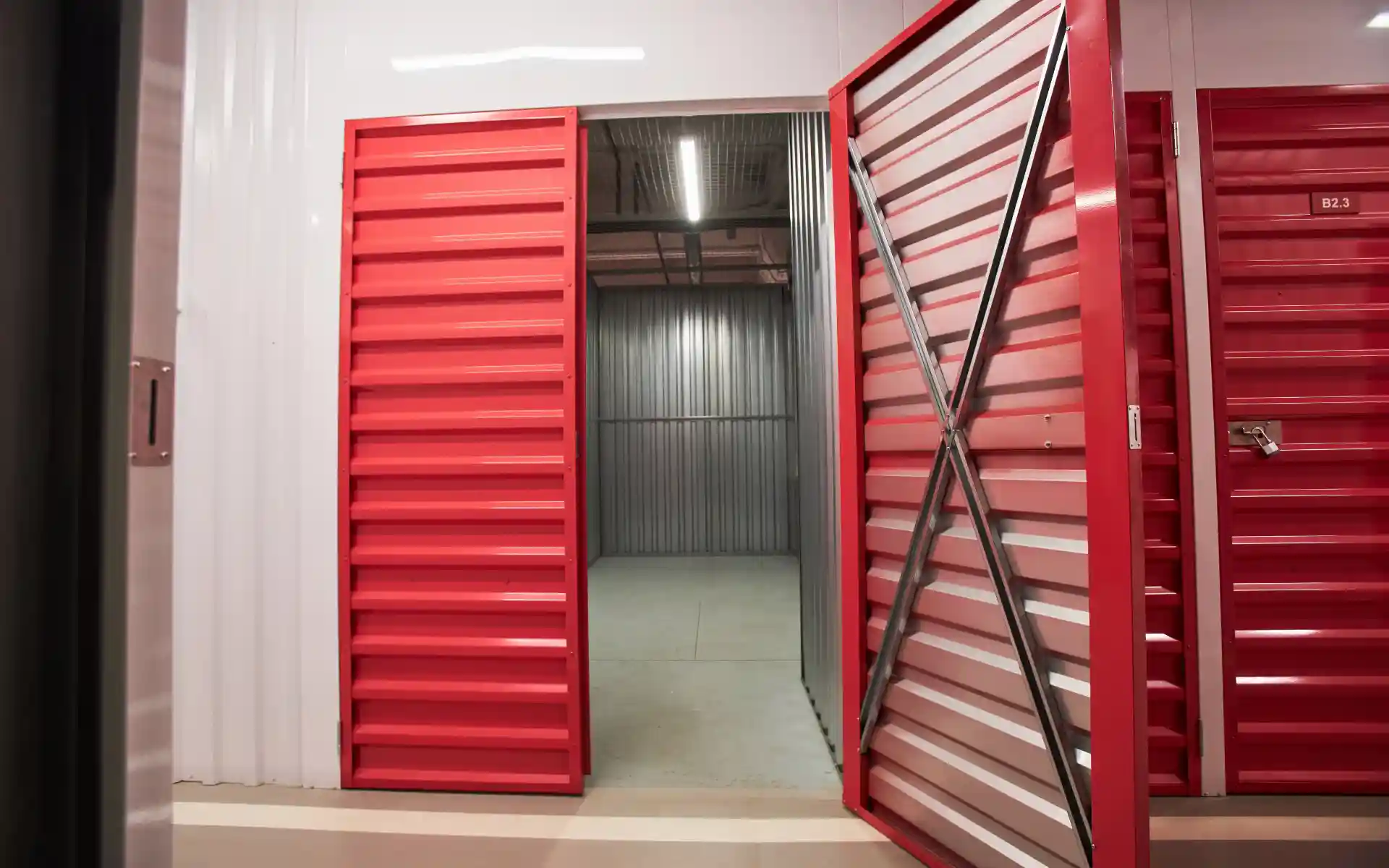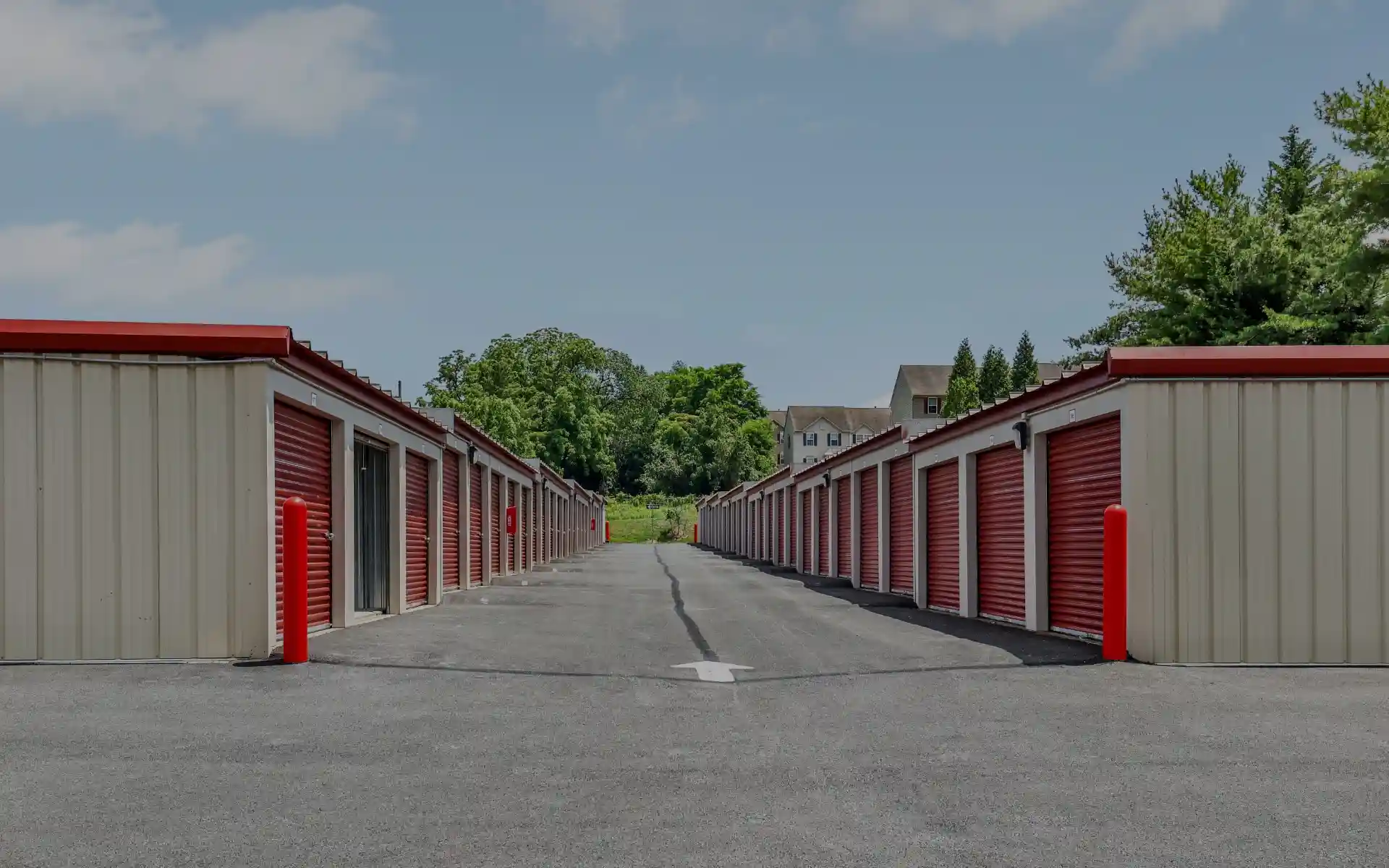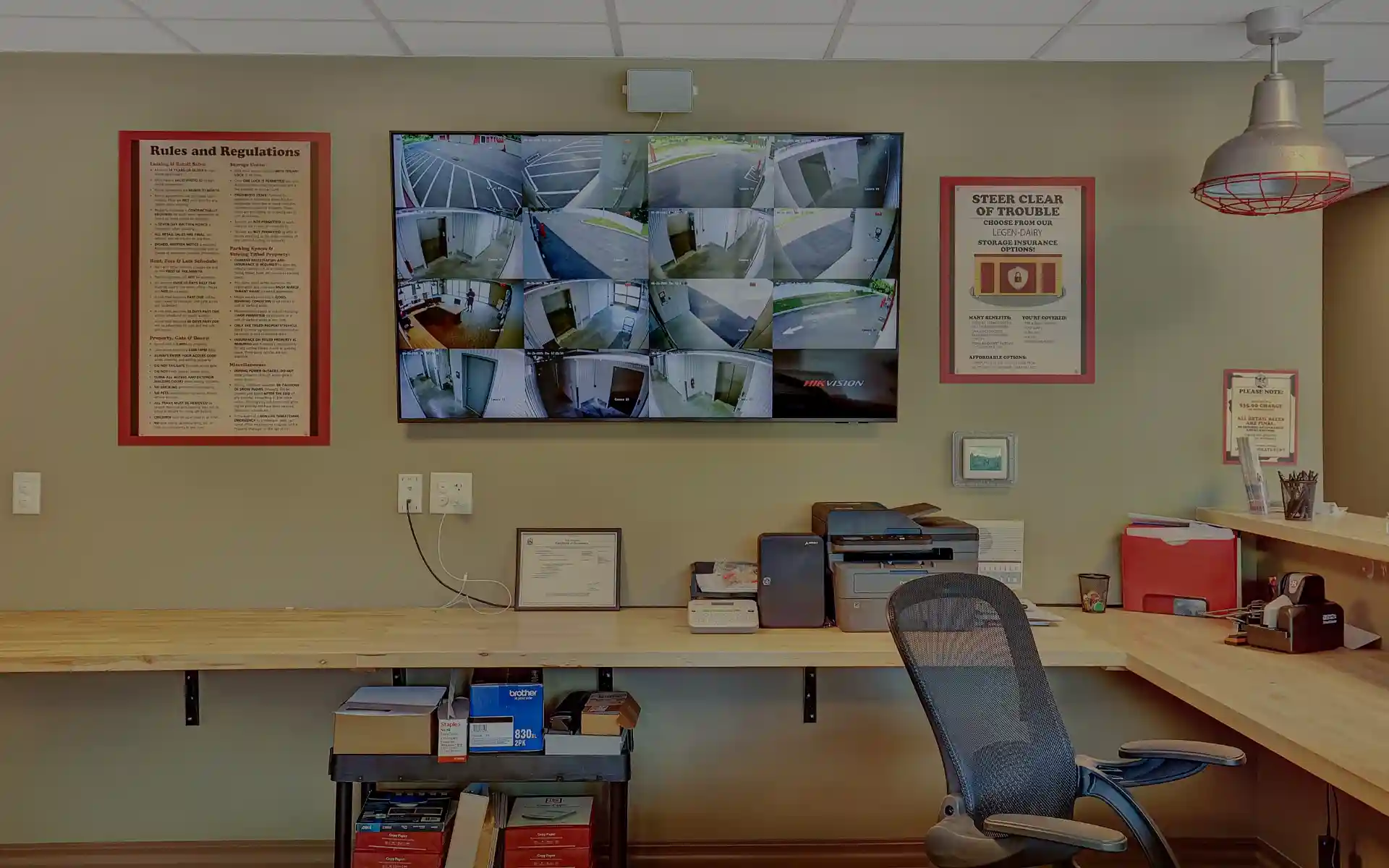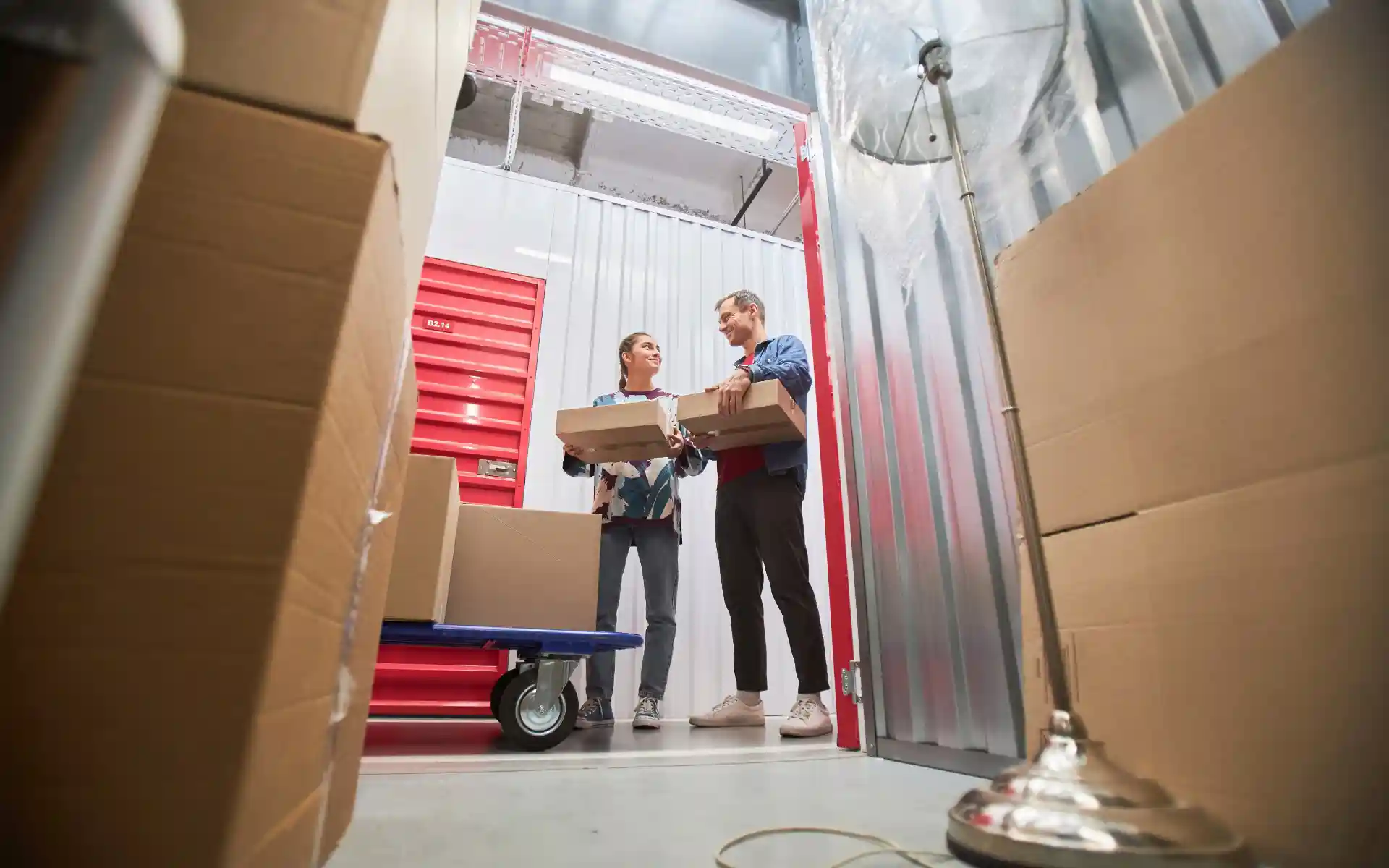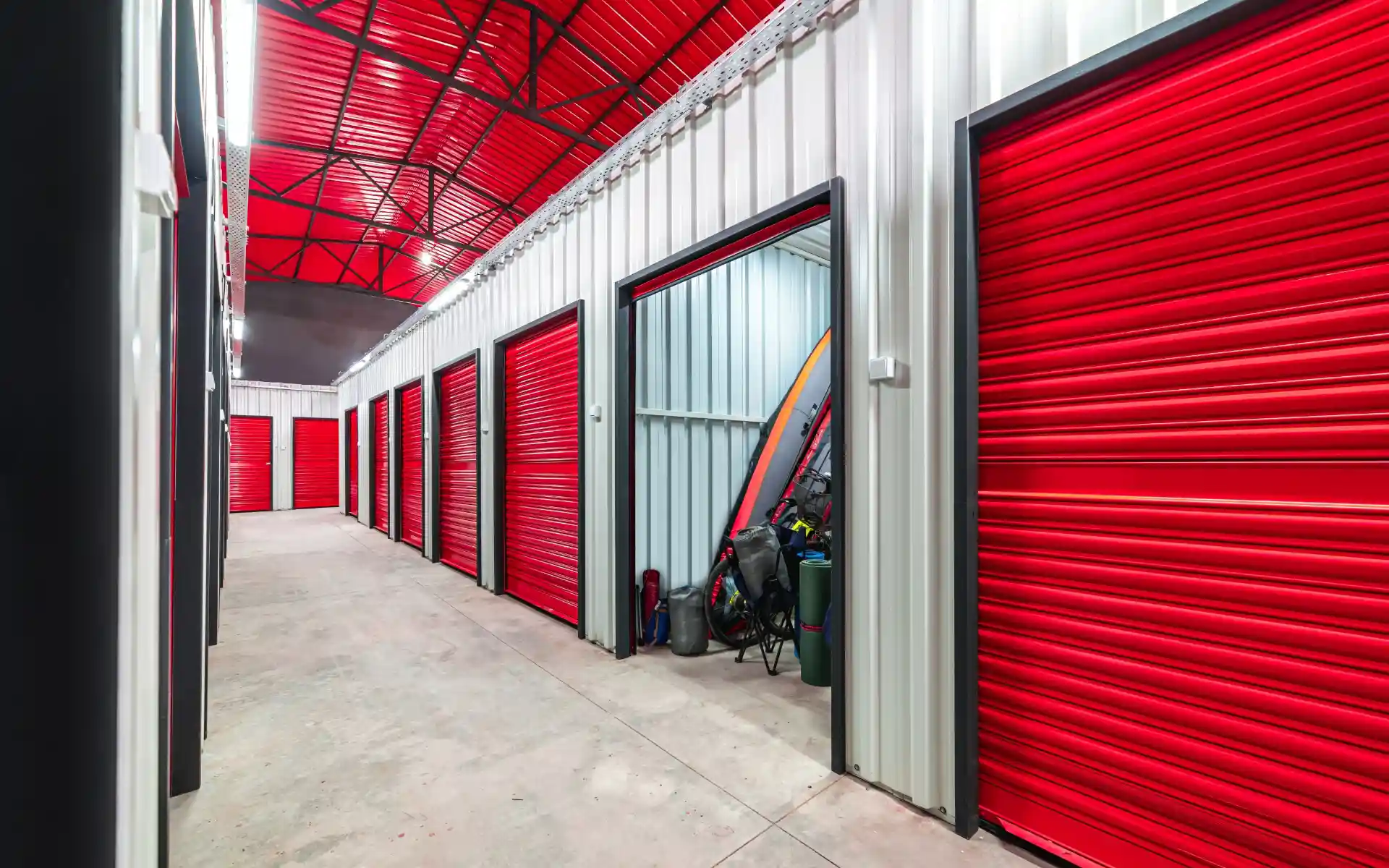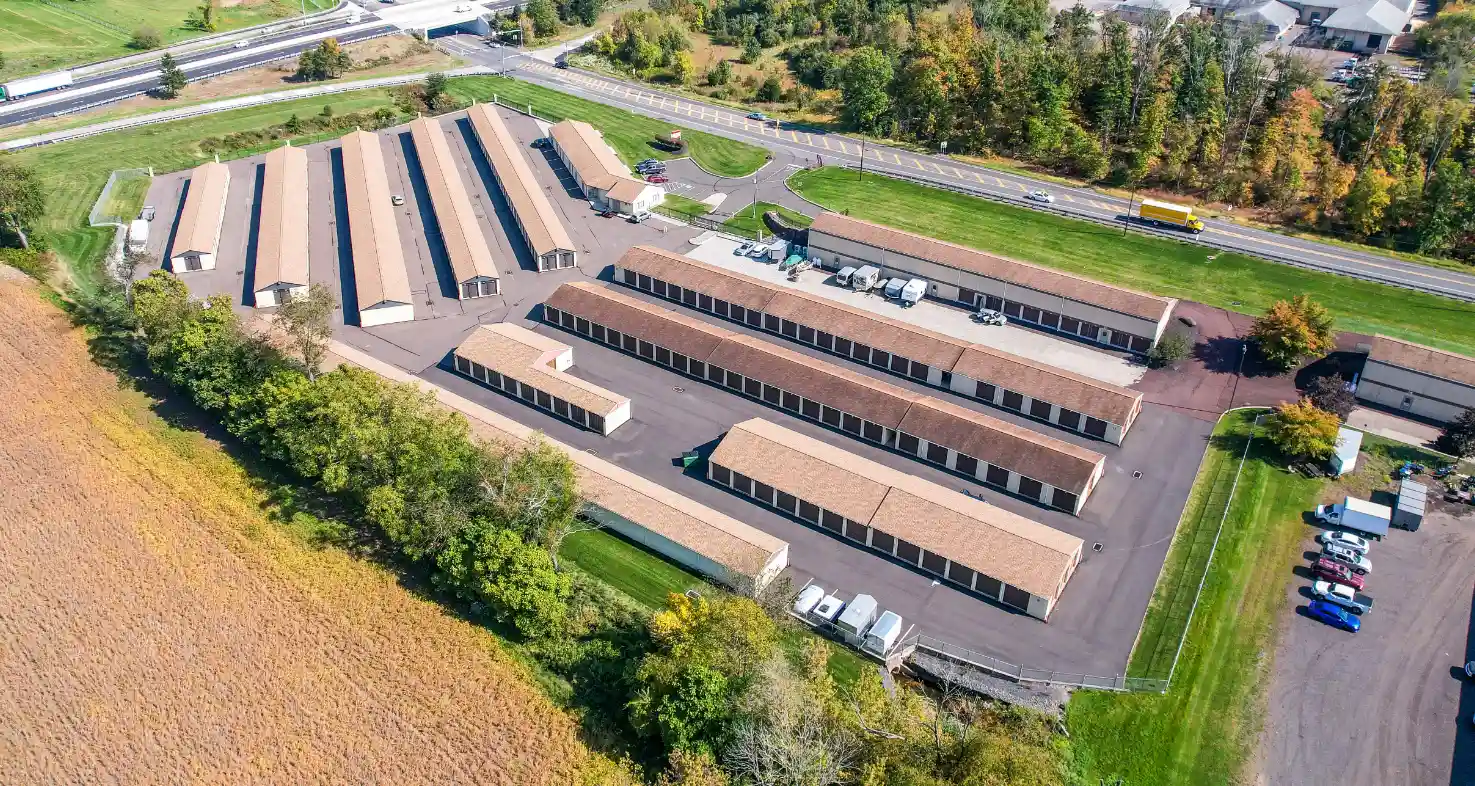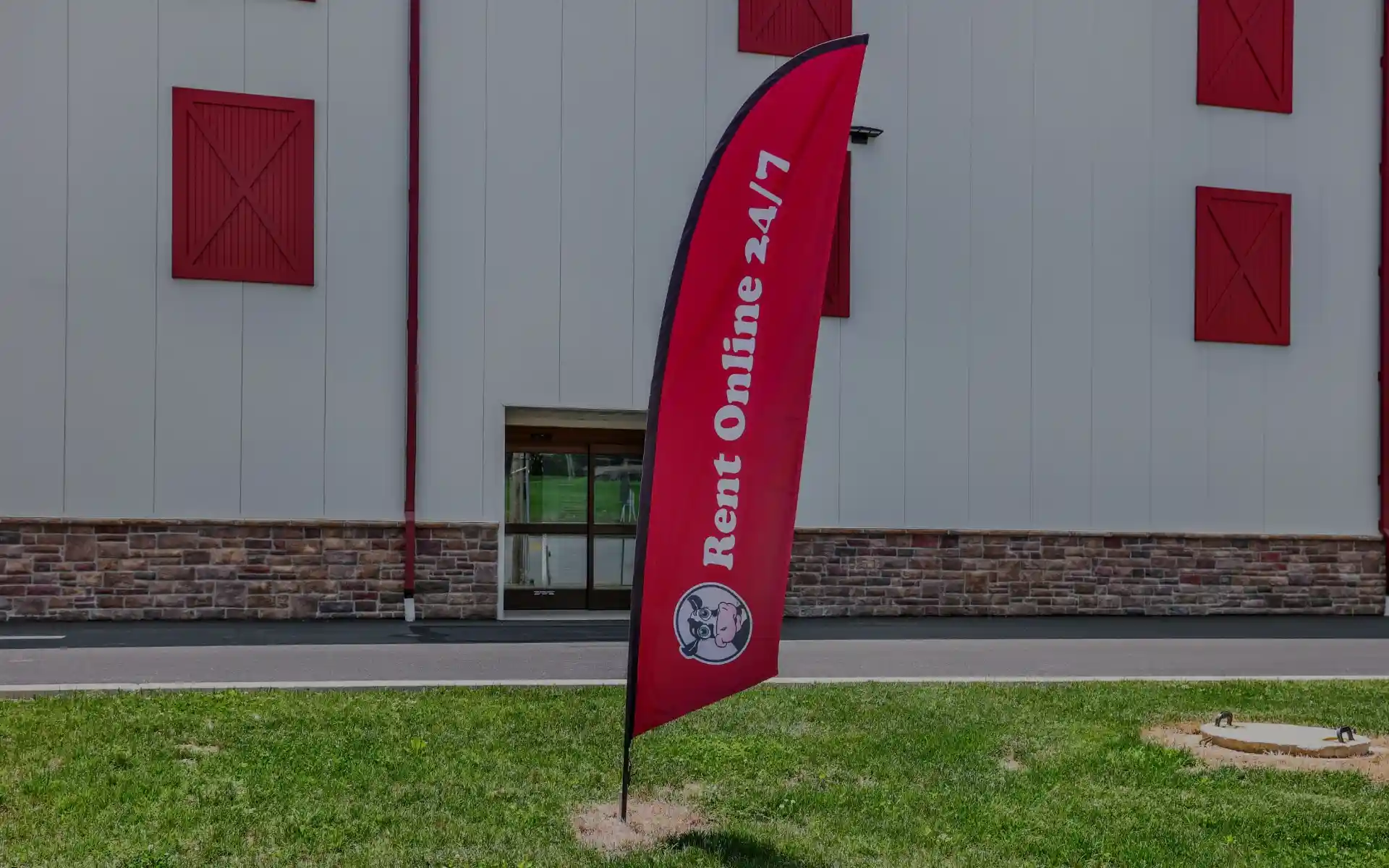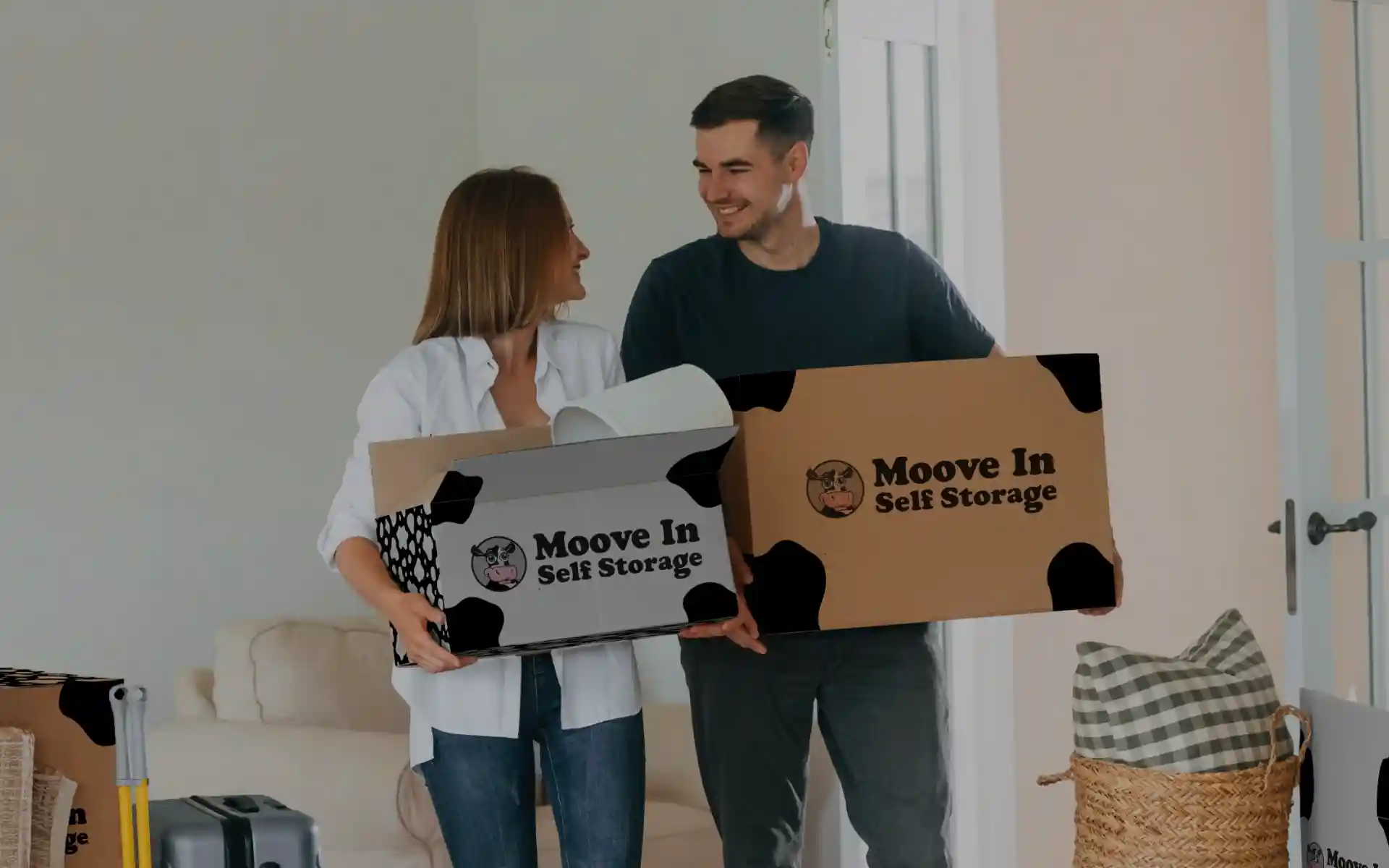
Up to 4 Months 50% Off

Frequently Asked Questions (FAQs)
Do you have questions about self storage?
We do our best to keep self-storage simple, but there’s a lot to consider when choosing the right storage unit. Here, you’ll find answers to the most commonly asked questions from our customers, tenants and partners. If you don’t find the answer you’re looking for, please reach out to our team. We’re happy to help!
What’s Self-Storage?
Self storage refers to space that is rented to tenants on a monthly basis. Self storage facilities provide rooms, lockers, containers and/or outdoor parking spaces in which tenants can store and access their belongings. Self storage tenants may be businesses, individuals or families, needing anywhere from a few weeks to years of storage.
What's a Drive-up Unit?
A drive-up storage unit typically has a roll-up door and its own loading area. Drive-up units are very handy because they have convenient access—just drive up to it and load your belongings in or out. These are the most common unit types in suburban and rural areas.
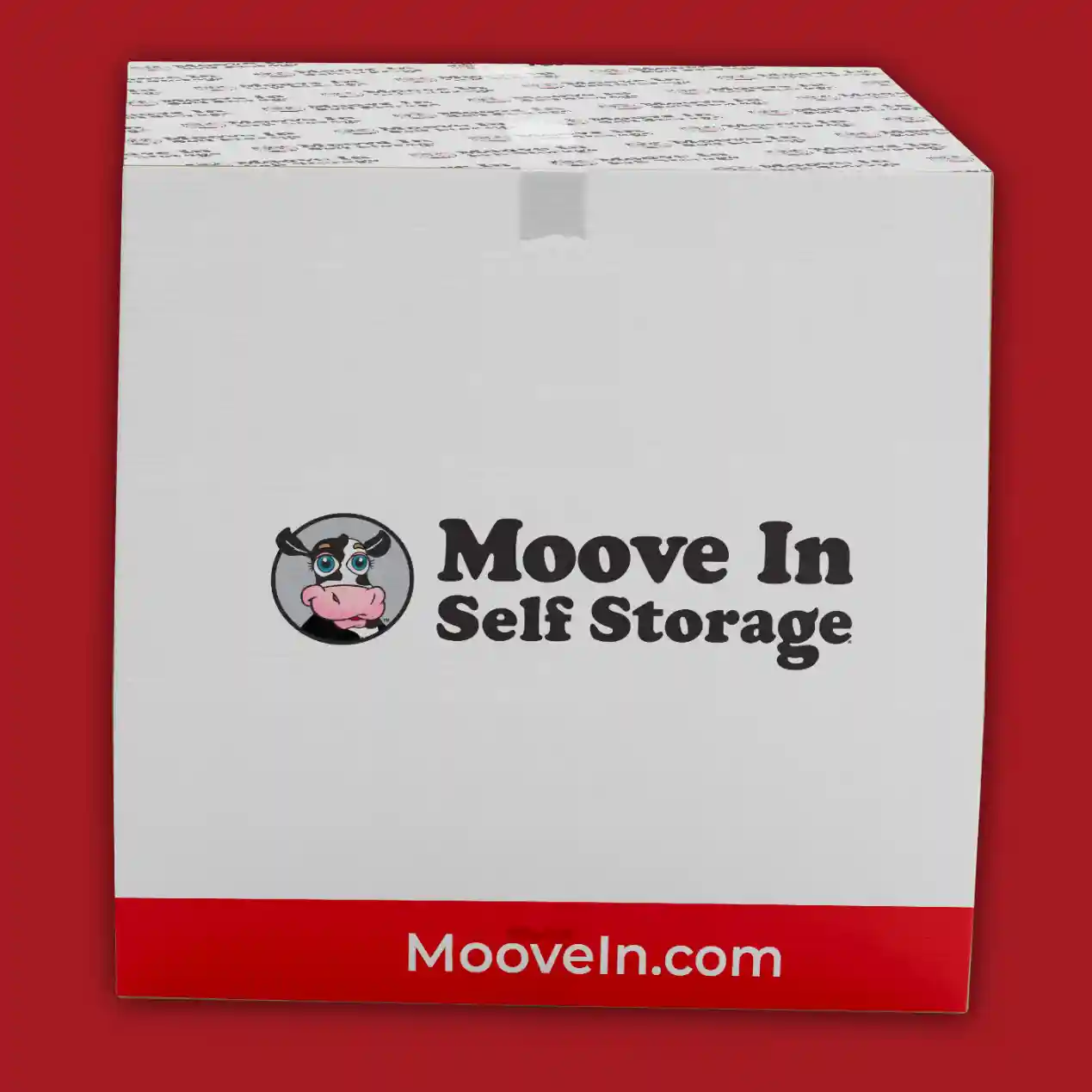
Sizes
What size storage units do you offer? We offer a variety of unit sizes, from small 5’x5’ spaces for a few boxes to large 10’x30’ units that can store the contents of an entire home or business inventory. Check our website or contact your nearest Moove In Self Storage location to find the perfect size for your needs.
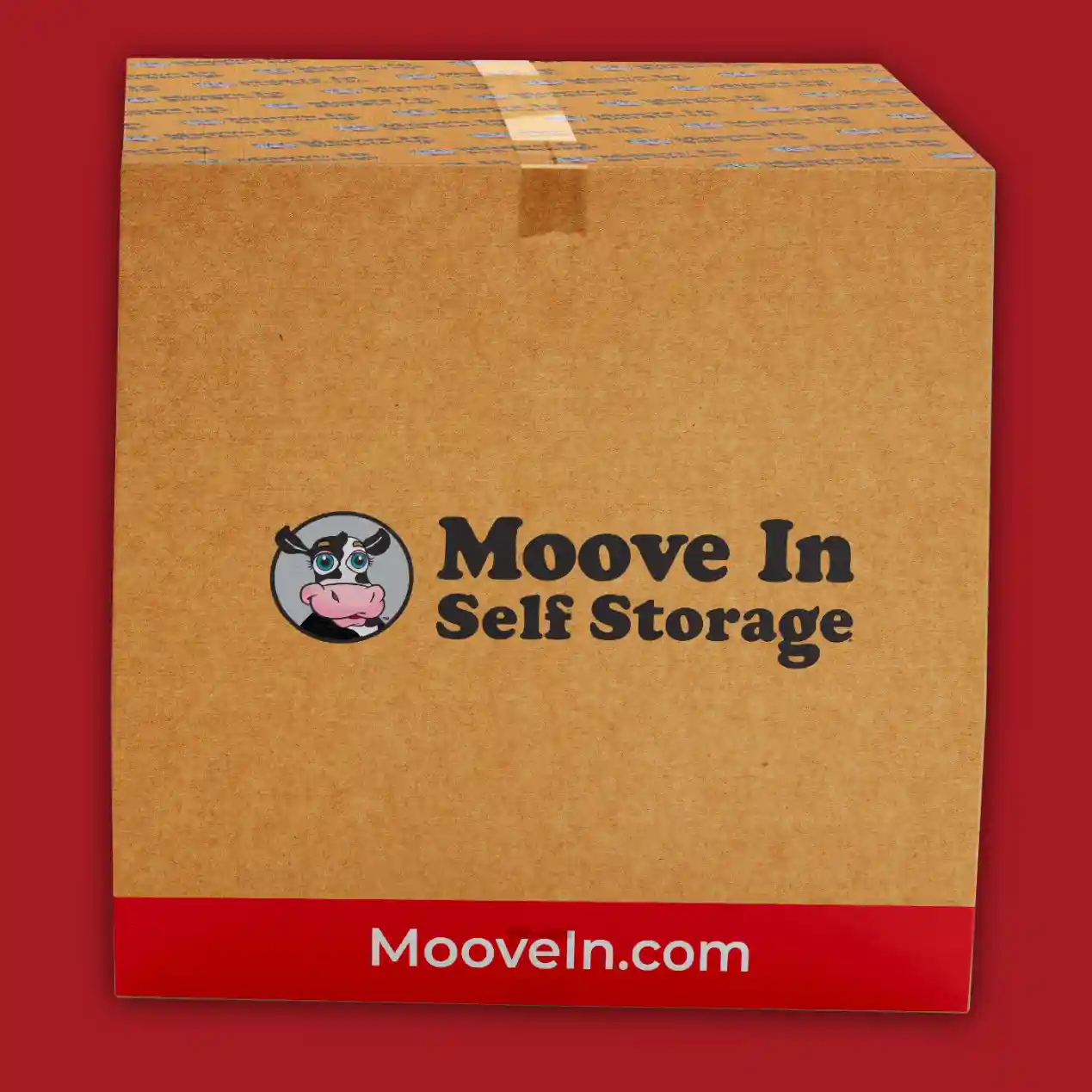
Options
Do you offer climate-controlled storage? Yes! We have climate-controlled units that help protect your belongings from extreme temperatures and humidity. These are ideal for storing furniture, electronics, documents, and other temperature-sensitive items.

Security
How secure are your storage facilities? Security is a top priority. Our facilities feature 24/7 video surveillance, gated access with unique entry codes, well-lit areas, and on-site management to ensure your belongings are safe.
What’s a roll-up door versus a swing door?
Roll-up doors are like garage doors—they roll up overhead for simple access. They’re usually wider than swing doors, so it’s easier to take things in and out. They typically operate manually, but some offer an electronic opener.
Swing doors open just like a door to your home, outward and on a hinge. These are ideal for someone with a disability or with no helpers when accessing the unit. They are not as heavy, require less range of motion to operate, and are usually the same width as a standard door to your home.
What is meant by “interior and exterior access units”?
Interior access units means that a tenant must enter a building through a door and/or elevator and move belongings through hallway areas and doors to place items in the storage unit. Interior access units can also be temperature-controlled.
Exterior access units mean that a tenant can drive a vehicle right up to the door of the unit because it’s outside and offers easy access. In some instances, these may also be temperature-controlled.
What’s the difference between access hours and office hours?
Office hours are the hours when your property manager is in the office. They are there, ready and available to provide customer service and answer any questions you may have, offer advice, sell you the supplies you may need, take payments, etc.
Access hours are the actual hours during which you may access your storage unit. These hours vary by location. Some self storage facilities offer limited access while others have 24/7 availability. All Moove In Self Storage locations offer access hours from 6am–10pm daily.
What kind of documentation do I need to rent a unit?
A valid driver’s license or federal photo ID is required to rent a unit.
How long will it take to complete my transaction on move-in day?
The entire move in process takes about 15 minutes. Please keep in mind that this time is dependent on whether there are other customers waiting ahead of you. Calling ahead to schedule a time to come in is best, as the property manager can suggest the best times for you to visit. Mornings are usually the slowest period of the day, while afternoons are typically busier.
Why do I need insurance?
Insurance is standard practice in the self storage industry and is used to protect you and your belongings if an unfortunate event happens that causes damage or loss of your stored items. The facility only has coverage on the buildings and property, so you are required to have insurance to cover what is stored inside your storage unit or in your parking space. You can use your homeowner’s or renter’s policy, or you can purchase an affordable policy at any of our locations, which we offer through a third-party provider.
If I am thinking about using a self storage property, what should I look for?
- Above all, cleanliness! Be sure to take a tour of the storage properties you are interested in and make sure they are clean and organized.
- Security. A fence around the perimeter of the property and an access gate are great benefits, and make sure the property is well lit. A camera system is also a big plus. All of these are in place keep you safe when you are accessing your unit, and to keep out unwanted visitors.
- Friendly and knowledgeable property manager on site. Make sure the property has a manager on site who can answer your questions and help you when necessary. It is also important to have a professional manager who believes your belongings are just as valuable as you do.
- Easy access. Choose a self storage property that is relatively close to your home or office. You also want to look for added features such as free hand carts to help you move your items in and out of your storage unit.
- On-site retail store. Talk about being convenient! All Moove In storage locations have a retail store located in the rental office so you can quickly and easily purchase necessary items such as quality locks, boxes, tape, bubble wrap, dust covers and more—all for an affordable price.
- The amenities that matter to you. Do you need a temperature-controlled unit? Any special accommodations? Every tenant has different needs, so make sure to speak to the property manager about any specific concerns you might have.
What is the minimum period of time that I can store my things?
The minimum rental period is one month. Rental agreements are month-to-month, and you can rent as long as you want with no long-term contracts.
What type of payment do you accept?
Cash, check, Visa, MasterCard and American Express are accepted at most facilities. If you drop your payment in the night payment box, please DO NOT put cash in this box. Most properties also offer convenient monthly automatic credit card withdrawal and may offer online bill pay.We offer many convenient ways to pay at our locations. Credit card, check and cash; online, in person and phone payments; and automatic payments can also be set up.
How do you keep my stuff safe?
All Moove In Self Storage locations are fenced in, and have an access code gate to enter the property. Our storage properties are well-lit and have on-site property managers during normal business hours. Our property managers conduct daily walk-throughs on the property to ensure all units are locked and secured. If a unit is found to be unlocked, the property manager will lock it if able and contact the tenant immediately. Our locations also have a closed circuit camera system that records to a hard drive, should an unwelcome event occur.
What are temperature-controlled units?
Temperature-controlled storage units, also known as climate-controlled units, use heating and air conditioning systems to maintain temperatures between 55 and 80 degrees year round. Maintaining a controlled environment is an extra step toward preventing warping, cracking, rust, corrosion, mold, mildew and infestation that can occur in severely hot or cold weather. Using temperature-controlled storage is recommended if you are storing important documentation, computer equipment and electronics, photographs, books, wood or leather furniture, artwork, clothing or other valuable possessions. Not only does a controlled temperature shield your belongings, it also makes visiting your storage unit a much more pleasant visit regardless of the temperature outside.
Should I use a temperature-controlled unit?
Temperature-controlled storage is a great option if you are storing important items that you want an extra measure of protection. Some examples of these items are documents, antiques and heirlooms, furs, computer equipment and electronics, photographs, books, wood or leather furniture, artwork, clothing, draft supplies, tools and machines, cameras, pharmaceutical samples and medical supplies, seasonal inventory or other valuable possessions. Contact your local self storage property manager for help on what should be stored in temperature-controlled units.
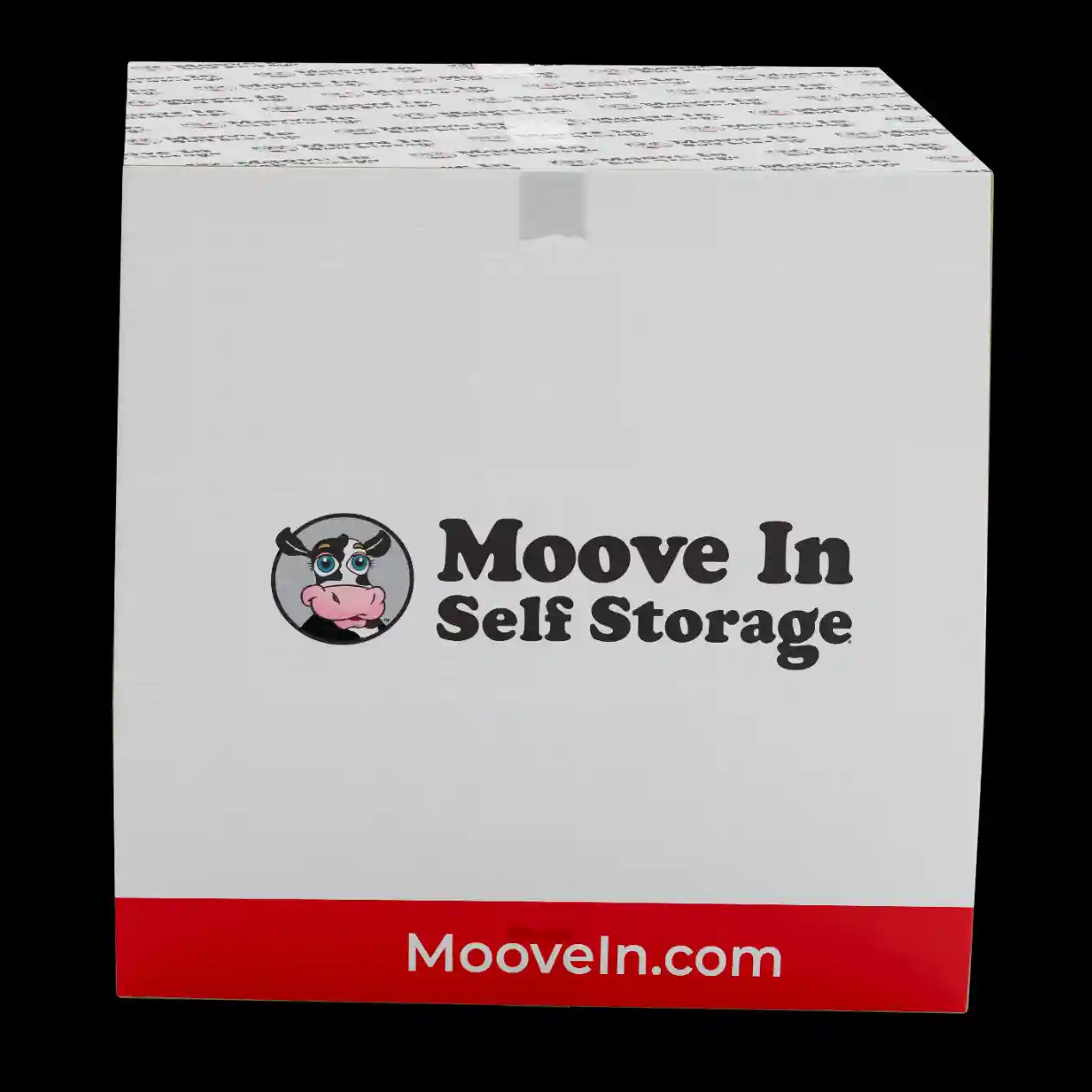
Access?
How do I access my storage unit? Most of our facilities offer 24/7 access or extended gate hours so you can get to your belongings when you need them. Check with your specific location for details.
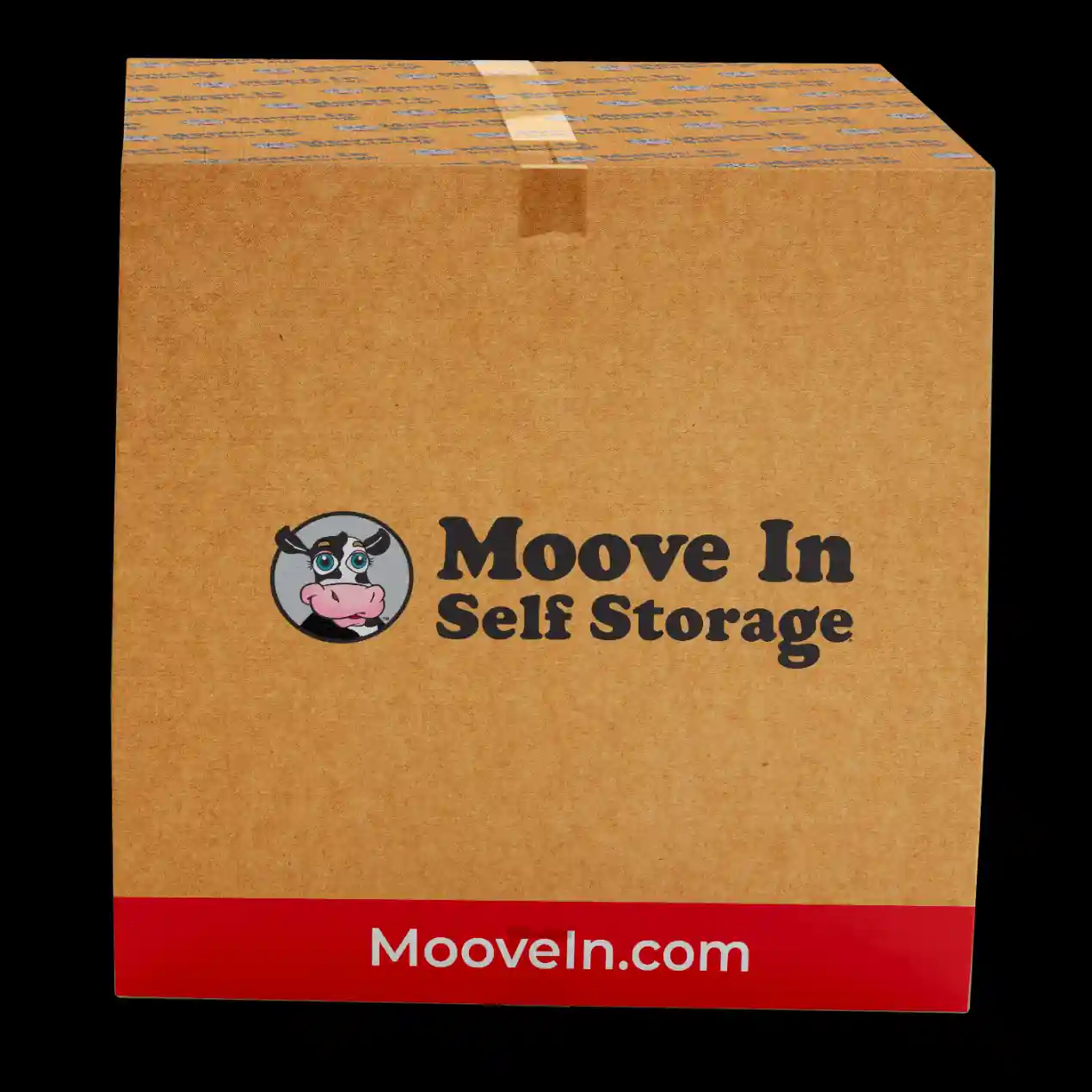
Items?
What items are not allowed in storage? For safety reasons, we do not allow hazardous materials, flammable liquids, explosives, illegal substances, perishable food, or live animals. If you're unsure about a specific item, feel free to ask!

Supplies?
Do you provide moving and packing supplies? Yes! We sell boxes, tape, bubble wrap, locks, and other moving supplies to make storing your items easy and secure. Stop by our office to grab what you need.
Should I make a reservation?
Availability often changes on a daily basis. It is recommended that you make a reservation in order to secure the space you need, if you are not ready to rent online immediately.What’s the difference between a unit, space, room, locker, etc.?
A self storage unit is the covered and enclosed area rented at self storage properties that require a tenant lock on the door.We define a self storage space as an outdoor, uncovered area used for parking your vehicle, trailer or RV.
A self storage room is categorized as an area suitable for sleeping in, a living area or an office, all of which are not permitted at our properties.
A self storage locker is a small compartment used for personal items at the gym, an airport or train station. This term is sometimes used to describe the smallest rental units at self storage properties.
What are my responsibilities as a tenant?
You are responsible for following the guidelines set forth in our rental agreement, which the property manager will review with you when you sign the agreement, and to make your monthly rental payments on time. It is important to maintain cleanliness in and out of your storage unit. You also need to notify the property manager if you have any changes to your account information (address, phone, credit card info, etc.) and give proper written notice if you want to vacate the unit. We are individual units and tenants that add up to a safe, clean self-storage community, so please be respectful of other tenants and the property manager.
What are the most common mistakes when renting a storage unit?
- Tenants often disregard the property manager’s warning against storing food items in their storage unit. Doing so attracts unwanted pests like mice and insects.
- Using free boxes from a grocery store or other places seems like a great idea. In reality, these boxes are not designed for long-term use. They eventually break down and can cause mold to grow.
- Packing your unit incorrectly is a common mistake. Begin on one side in the back corner and work your way up one side, then down another, making sure to leave a space large enough to walk through down the center. If you just fill up your unit with no plan or organization, accessing your items later can be difficult and frustrating, and could require you to move things out of your unit to reach what you need in the back.
- Packing a smaller unit to the top with no room just to save money. Stacking too much weight can cause damage to your stored items. Trying to find a specific item that may be buried underneath heavier boxes can lead to frustration and even safety hazards if boxes topple over on you. Make sure to talk to the property manager for help on which unit size will work best for what you need to store inside. Be sure to rent a unit that fits your needs instead of picking the least expensive one.
Does the property manager have access to my unit?
Once a tenant places a lock on the unit door correctly, the property manager has no access to the storage unit. Only you have keys to the lock. However, you can sign a consent form to receive deliveries and for others to pick up your keys. This is normally only the case for commercial or business tenants.
What should I do if there is an emergency at the property or at my storage unit?
Call the property phone number and report it to the property manager or answering service immediately. If necessary, call the police or fire department (911 if it is of an urgent nature) and fill out a report.
How do you keep my stuff safe?
All Moove In Self Storage locations are fenced in, and have an access code gate to enter the property. Our storage properties are well-lit and have on-site property managers during normal business hours. Our property managers conduct daily walk-throughs on the property to ensure all units are locked and secured. If a unit is found to be unlocked, the property manager will lock it if able and contact the tenant immediately. Our locations also have a closed circuit camera system that records to a hard drive, should an unwelcome event occur.
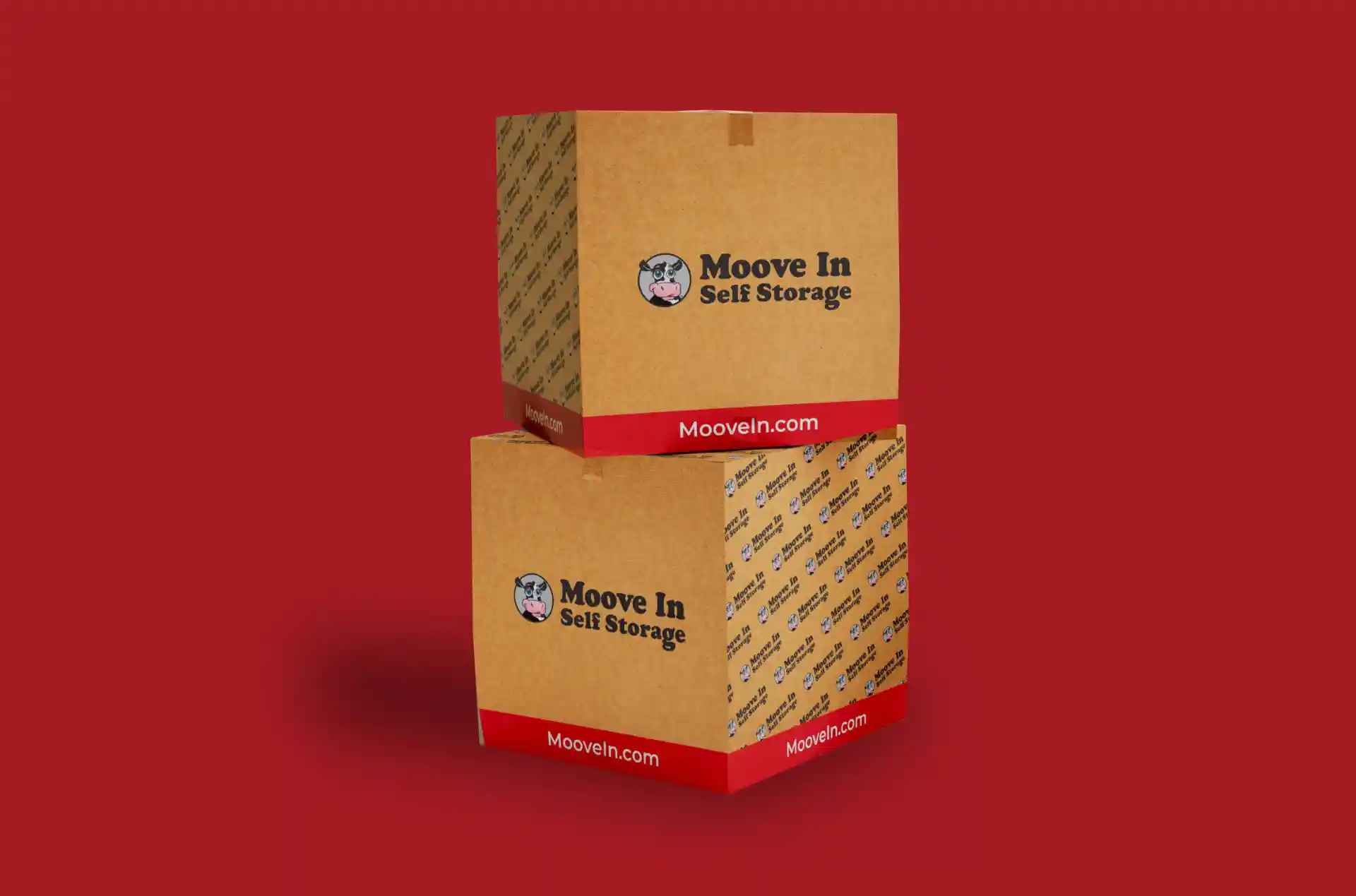
What’s a self-storage auction?
Storage auctions are held when someone fails to pay their rent or abandons their unit, and we auction off what was inside. Only 1–2% of all the rented storage units in the country ever go to auction.
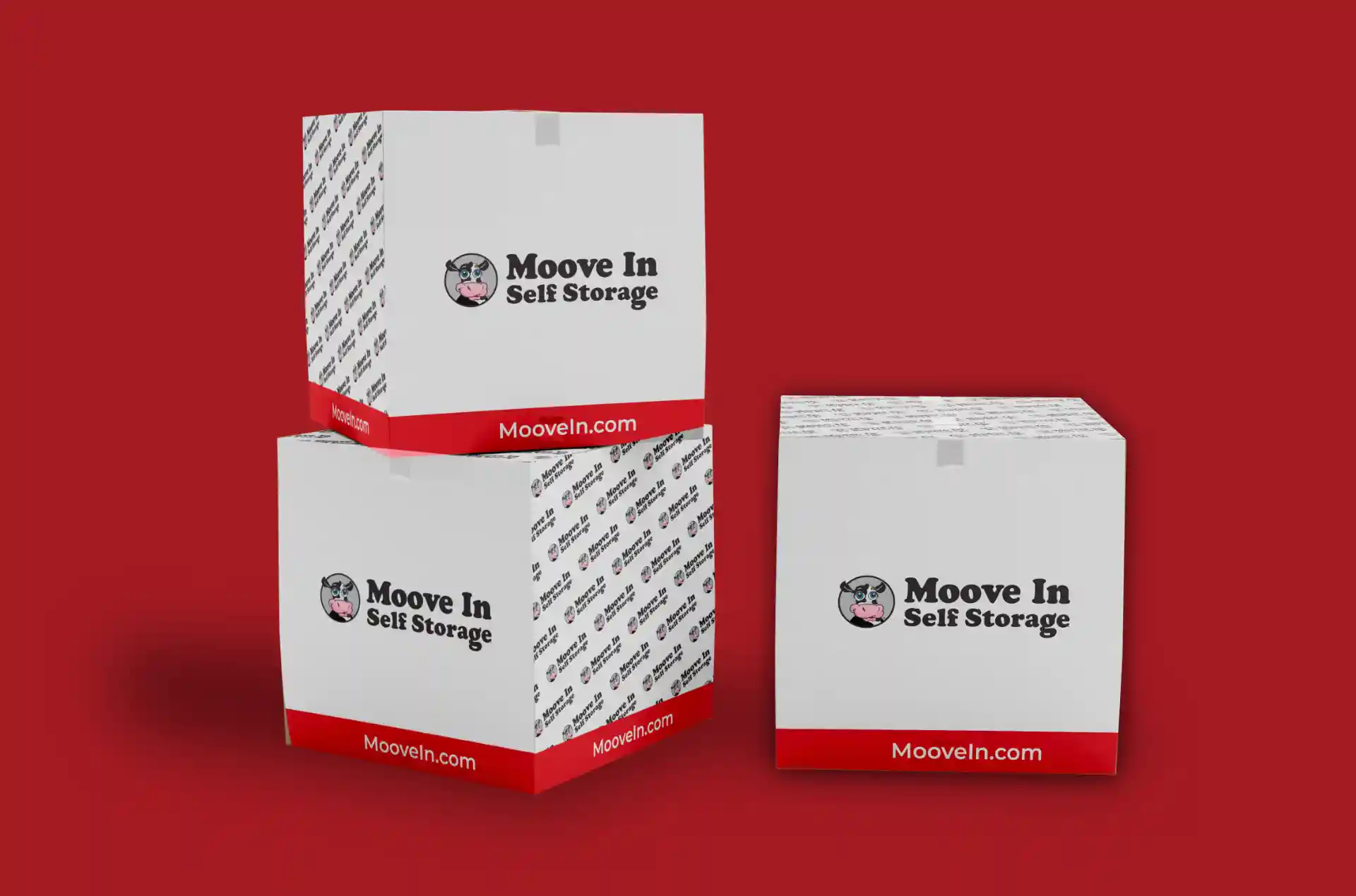
What is Moove In's refund and cancellation policy?
For questions on refunds or cancellations, please contact your local property manager.
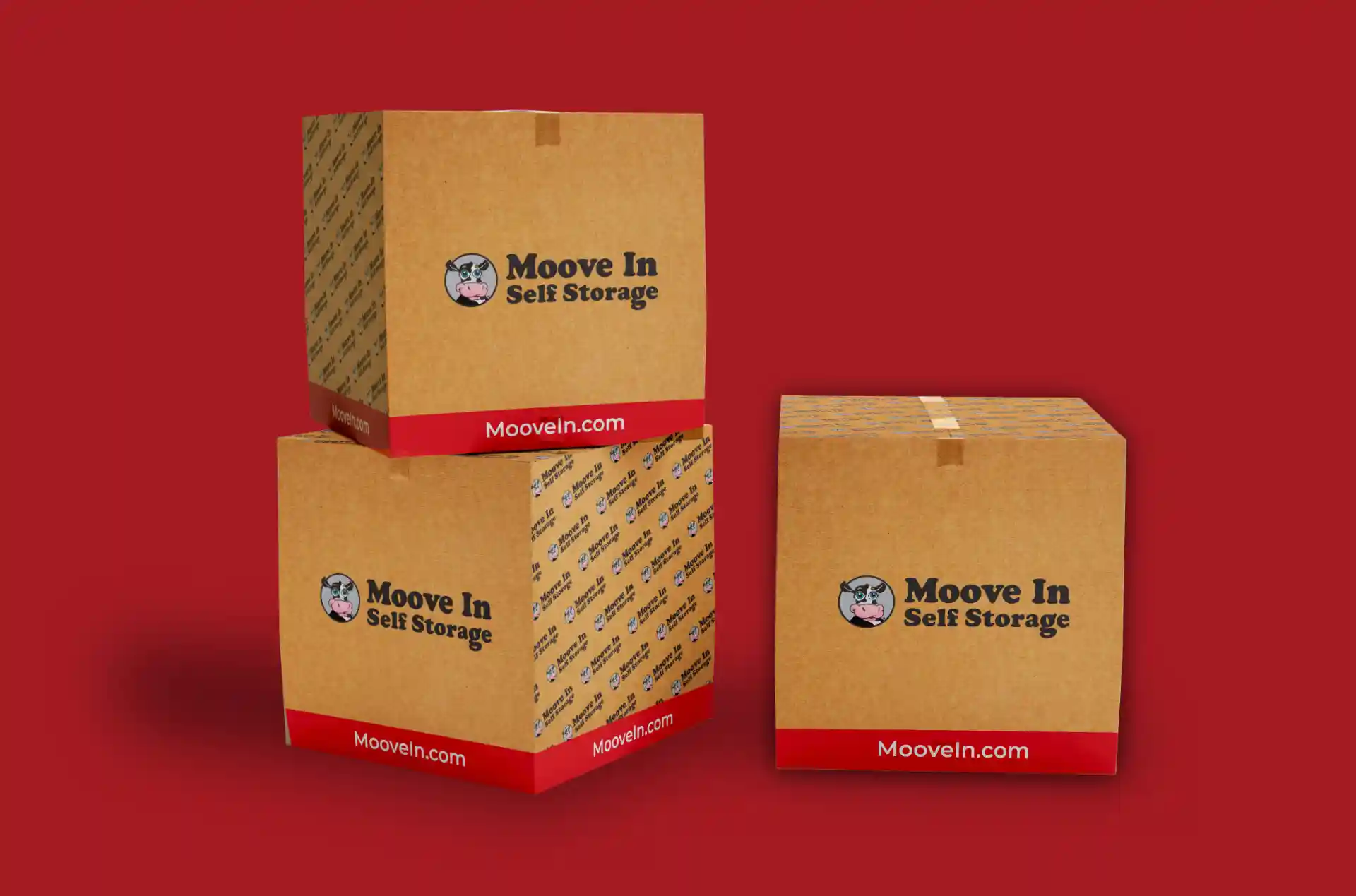
Can you receive packages and mail on my behalf?
Most storage properties will gladly accept packages and mail for you and notify you when they arrive. Contact the property manager of your location for more details and to find out if their location offers this service.
Why should I buy my boxes from Moove In Self Storage?
The boxes we sell at our properties are moisture and mildew resistant with reinforced corners and have been crush/burst tested, which offers extra strength and stability. Our boxes are manufactured with extra thick cardboard that can handle up to 32 lbs per square inch of pressure to last through extended periods of time in storage. They have a handy room checklist printed on the exterior so all you have to do is check off the correct room rather than write it on the box, as well as a place to write down the contents of the box.
Why should I buy my locks from Moove In Self Storage?
We sell disc locks, which are the most recommended and secure locks on the market and specifically made for the self storage industry. They are stainless steel and rust resistant so they can be used for interior and exterior access storage units. They are designed to prevent being easily cut off with bolt cutters and have a pick-resistant tumbler, which is added security for your unit.
What about mold?
We recommend storing your items in the boxes we sell at our storage properties, as they are designed and specially treated to resist moisture and mold. If you will be using storage during the summer months when weather is hottest, we recommend choosing a temperature-controlled unit to help cut down on mold growth.
You can also use a product called Damp-Rid®, which helps remove moisture from the air.
It is important that you do not bring wet items to your unit for storage.
If you are proactive and check on your unit, there is little to worry about.
What’s the risk of having my stuff sold at auction?
It is important to make payments on time. If you do so, there is no risk of auction for your unit. However, after payment is 5 days late, the account begins to accrue late fees and access to the storage unit is barred. Late fees will continue to accrue until payment is made in full.
After two months of non-payment (may vary by state, check with your property manager), the unit can be sent to auction. Once the unit goes to auction, the tenant will most likely receive nothing back from the unit. Any proceeds from the auction will be applied to the account balance, and the remainder will be sent to the original lessee. If the proceeds are less than what is owed on the account, the account is sent to collections. See our Auctions page for complete details on the auction process.
Is the Storage Wars show for real?
The short answer is yes. Every state has different but similar guidelines on how the auction process works. Terms of buying an auction unit “where is, as is” from the show is basically how it works in most states. Just like portrayed in the show, units are opened for viewing purposes only and no one is permitted to touch any items or enter the storage unit. The bidding process is also very similar, and cash is the only allowed form of payment. While sometimes an amazing or unrealistic find can occur in an auctioned unit, it is very unlikely. Plus, there is normally much less fanfare than depicted by the “characters” on the television show.
What do I do when I am done with the unit?
Give verbal or written notice to the property manager at least 7–10 days prior to the day you are vacating. We need 30 days written notice if your account is set up for autopay. Make sure to empty all of your contents, sweep out and clean the storage unit and remove your lock. Notify the property manager that the unit is ready for an inspection so your account can be closed. We also ask that you fill out a quick testimonial and survey with the property manager. If you give notice and then decide that you are going to continue renting and not vacate, simply notify the property manager.

